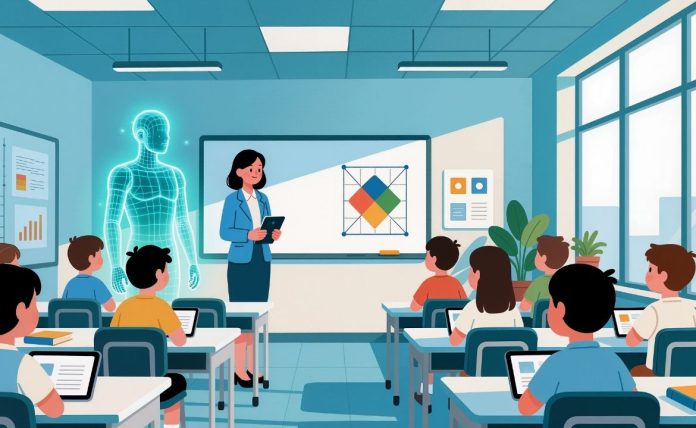From Backlog to Open Tonight: How AI Plans What to Drink NextEven well‑organized cellars contain a backlog. Cases arrive, a few bottles are opened, and then the collection grows faster than the plan for what to pour next. The result is a shelf full of nearly ready wines that get ignored until a label tour reveals a few missed windows and a handful of bottles that would have been perfect last month.
Decision fatigue makes this worse. Choosing what to open is a small question that arrives every evening. Repeating the same decision without a system pushes collectors toward the same familiar choices while great bottles wait quietly.
How AI turns inventory into a weekly shortlist
Artificial intelligence changes the shape of this problem. It takes structured data about a cellar and produces a shortlist that makes sense. The logic is simple to describe and useful in practice. The system considers maturity windows, bottle history, and collector preferences. It then proposes a small group that fits the week ahead. This is not guesswork. It is pattern matching over reliable data.
For readers who want a deeper dive into how this mechanism works inside a modern cellar app, see InVintory’s breakdown of an AI wine assistant that builds a ready to drink list and the practical signals that feed it. See: AI wine assistant;
What the assistant learns over time
An assistant improves as it observes outcomes. When a collector opens a bottle earlier than the predicted window and records a positive experience, the system records that choice and gently adapts. When a wine is deferred repeatedly, the system learns that schedule pressure or occasion mismatches matter and adjusts the shortlist mix.
Prioritizing by maturity and scarcity
Bottles that are at peak maturity and hard to replace climb the list. Wines with wider availability or longer plateaus can afford to wait. Scarcity signals ensure the shortlist highlights rare opportunities rather than easy substitutions.
Balancing occasion and meal context
A shortlist is not only about readiness. It is about fit. Weeknights ask for one type of bottle, weekends another. A small dinner with a guest who enjoys Burgundy calls for a different choice than a larger group interested in Napa Cabernet. The assistant uses tags and recent notes to make context‑aware suggestions.
The role of drink windows and automation
Drink windows remain a useful input. They encode critic guidance and experience. AI does not replace that. It sequences it. A shortlist built on maturity signals reduces the number of choices to a manageable set. That cuts the time between pulling the cork and sitting down to a meal.
InVintory outlines the scheduling piece of this in an explainer on drink‑window automation, showing how bottle data becomes a weekly list that updates without manual effort.
drink-window automation
Data hygiene that pays off
A shortlist is only as good as the inputs. Clean entries for producer, region, vintage, and quantity prevent oddities. Recording quick notes after opening a bottle helps the assistant understand preferences. Tagging bottles with themes like “weekday” or “guests who like Barolo” gives the system subtle signals that translate into better picks.
Human override is a feature
AI should never trap a collector in a rigid plan. It should offer a smart default that can be changed easily. Override choices are valuable feedback. They let the system learn that, despite readiness, a bottle might be saved for an anniversary or a friend’s visit. A useful assistant invites that input.
Adding planning features when the cellar grows
As collections expand, shortlists become more valuable. They reduce waste and highlight bottles that deserve attention now. When a collector is ready to combine planning with tools like rack modeling and value tracking, platforms designed for advanced users provide the lift in one place:
advanced cellar features for planning
Closing thoughts
A weekly shortlist turns a large cellar into a set of simple choices. AI does not replace taste. It turns a collection’s data into options that fit the week and the table. That is how more great bottles get opened at the right time.








